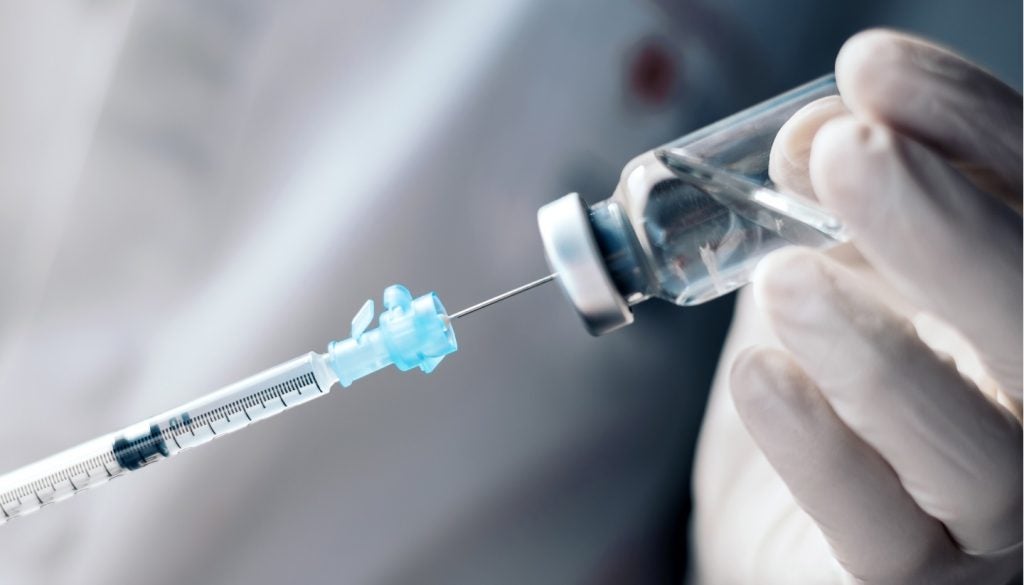Roche has secured approval from the US Food and Drug Administration (FDA) for Ocrevus Zunovo (ocrelizumab and hyaluronidase-ocsq) with biopharmaceutical company Halozyme Therapeutics's Enhanze drug delivery technology.
The authorisation introduces a twice-yearly, approximately ten-minute subcutaneous injection for the treatment of relapsing multiple sclerosis (RMS) and primary progressive multiple sclerosis (PPMS).
Roche chief medical officer and head of global product development Levi Garraway stated: “This approval may offer greater flexibility for healthcare providers and people living with multiple sclerosis, based on their individual treatment needs.”
Halozyme CEO and president Dr Helen Torley commented, "We are pleased that the subcutaneous formulation of Ocrevus, Ocrevus Zunovo, which contains our Enhanze drug delivery technology, is now approved in the US for patients with these two forms of multiple sclerosis."
Ocrevus Zunovo combines Ocrevus with Enhanze drug delivery technology.
OCREVUS is a humanised monoclonal antibody that targets CD20-positive B cells, a specific immune cell involved in causing damage to myelin (the protective sheath around nerve cells) and axons (the nerve cells themselves). This damage can lead to disability in individuals with multiple sclerosis.
Enhanze drug delivery technology utilises a proprietary enzyme known as recombinant human hyaluronidase PH20 (rHuPH20). This enzyme works by locally and temporarily breaking down hyaluronan — glycosaminoglycan, or a sugar chain found in the body — within the subcutaneous tissue.
The process increases the permeability of the tissue beneath the skin, enabling Ocrevus to enter more easily and be rapidly dispersed and absorbed into the bloodstream.
The FDA's approval is rooted in results from the Phase III OCARINA II trial, which demonstrated non-inferior levels of Ocrevus in the bloodstream when administered subcutaneously compared to the intravenous formulation. The trial also confirmed a comparable safety and efficacy profile between the two approaches for individuals with RMS and PPMS.
After the first dose, treatment duration with Ocrevus Zunovo could be as short as 55 minutes. Patients are required to take premedications at least 30 minutes before each dose. After the first dose, patients will be monitored by their healthcare provider for a minimum of 60 minutes. For all subsequent doses, patients will be observed for at least 15 minutes post-injection.
Ocrevus Zunovo's most common adverse events were injection reactions, which were either mild or moderate. None of these reactions resulted in patients withdrawing from the treatment.
The exploratory outcomes of the trial revealed that Ocrevus Zunovo matched the intravenous version in suppressing relapse activity and MRI lesions through 48 weeks, with a 97% effectiveness rate for both measures.
More than 92% of participants in the trial reported satisfaction with the subcutaneous administration of Ocrevus Zunovo.









